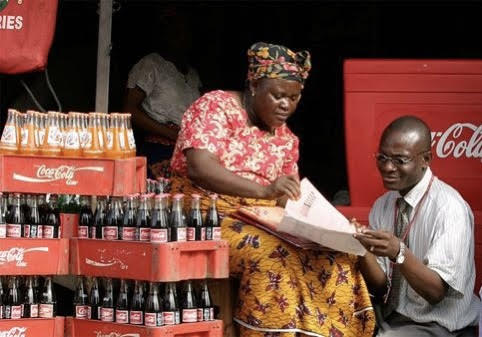There are no products in your shopping cart.
| 0 Items | £0.00 |


NIGERIA'S federal government has introduced an excise duty of N10 per litre on all non-alcoholic carbonated and sweetened beverages as part of a desperate attempt to boost revenue and generate income to fund its expenditure.
Unveiling the policy during the public presentation of the 2022 Appropriation Act in Abuja yesterday, finance minister Hadjia Zainab Ahmed, said the money raised will be used to fund the health sector. This new policy, referred as a Sugar Tax, is contained in the Finance Act signed into law by President Muhammadu Buhari on December 31, 2021.
According to the minister, the excise duty on soft drinks would discourage excessive consumption of sugar beverages which contributes to diabetes and obesity among other ailments. She added: “There’s now an excise duty of N10/ per litre imposed on all non-alcoholic and sweetened beverages.
"This is to discourage excessive consumption of sugar in beverages which contributes to a number of health conditions including diabetes and obesity. Revenue raised will be used for health-related and other critical expenditures in line with the 2022 budget priorities.”
On December 14, 2021, the Organised Private Sector (OPS) rejected this proposed policy by government, saying it would hurt the economy. OPS chairman, Taiwo Adeniyi, called on the government to scrap the policy but continue to support and promote the industry to attain full recovery after the onslaught of the pandemic.
Lateef Oyelekan, the president of the National Union of Food, Beverage and Tobacco Employees, added: “Should this excise duty be imposed these companies would have no choice than to lay off workers. Some may have to reduce production lines instead of expansion, while some may even close down permanently.
"It has happened in the past and in the end, Nigerians are the ones that will suffer. These companies are already looking outside Nigeria for alternate production of their products and would rather move to a more favourable business climate in the West Africa region.”